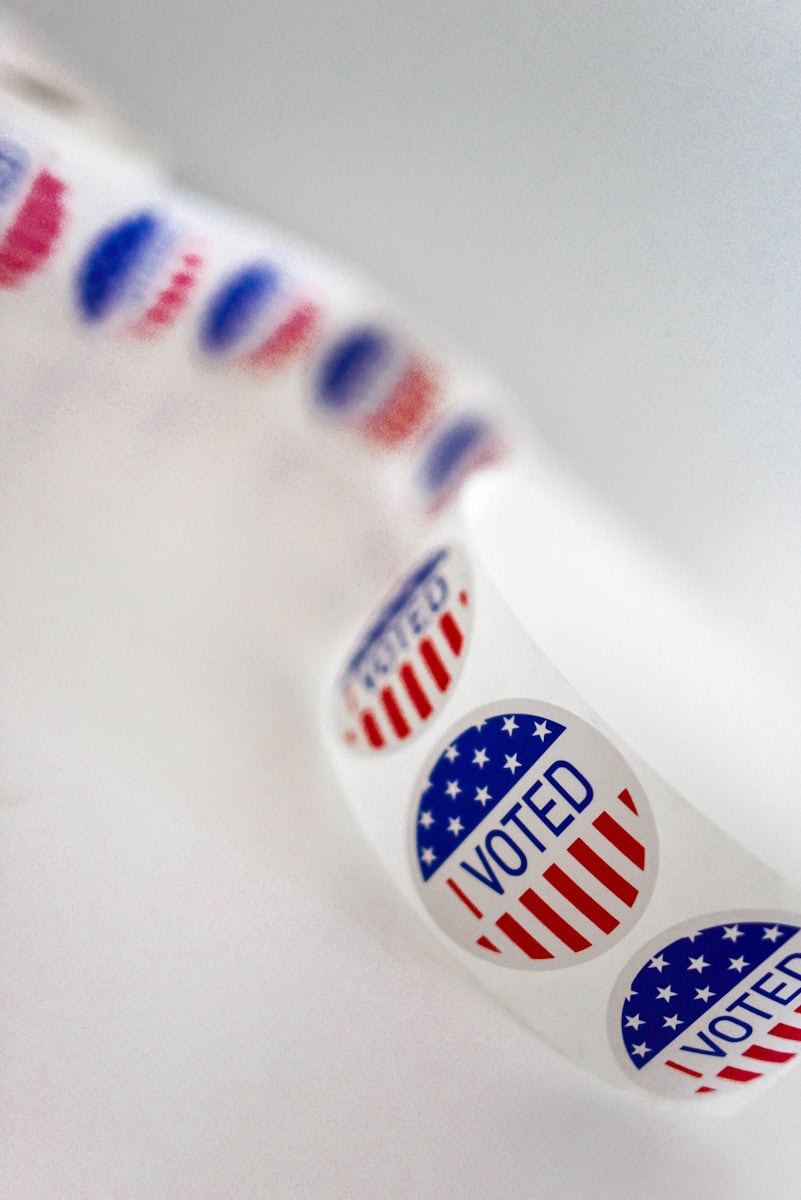U.S. regulators are notoriously suspicious of companies with ties to foreign governments merging with or acquiring local firms. The concern is that these foreign entities are being influenced by the government — either through state ownership or subsidies — and pose a threat to U.S. security.
Last year, the Federal Trade Commission and the Department of Justice, Antitrust Division proposed changes to the U.S. premerger notification filing process — the first significant overhaul of the form since its original release in 1978. Under the proposal, firms would have to disclose subsidies by certain foreign governments, including North Korea, China, Russia, and Iran. The announcement followed new restrictions and limitations placed on Chinese entities trying to buy U.S. high-tech companies.
But what’s the impact of this suspicion? A new paper published in Global Strategy Journal shows that foreign state-owned enterprises (SOEs) are 9% more likely to attract additional regulatory scrutiny when acquiring a U.S. firm, compared with comparable private-owned enterprises.
Cheng Li of the University of Manitoba and Klaus Meyer of Western University explored the notion of liability of stateness in the study by using a sample of cross-border acquisitions with acquirers from 44 economies and targets in 50 U.S. states. In addition to verifying this increased regulatory scrutiny, they also found two ways to combat the state-ownership liability.
First, they found that acquiring state-owned foreign firms are less likely to receive additional scrutiny when they acquire a U.S. company through subsidiaries, rather than through the parent SOE. This makes the state influence less visible, which raises fewer concerns of foreign government influence among regulators.
The second way to reduce the liability of stateness, they found, was for SOEs to work with local communities to highlight that the acquisition helps the local economy. Li and Meyer used local employment data to find that SOE acquirers face less additional scrutiny in communities with high unemployment. This is because local stakeholders will prioritize economic opportunities in their region over ideological concerns when their region is struggling economically.
As an example of the latter approach, the authors highlighted the 2010 acquisition of Nexteer Automotive in Saginaw, Michigan, by China’s Aviation Industry Corp, which is state-owned. The Michigan region was suffering from job losses and economic decline, but the Chinese firm was able to beat private firm competitors and successfully navigate the regulatory process — in large part by committing to local employment.
“For managers of SOEs, when they go into a foreign country, they have to consider the social and political aspects right along with the economic aspects,” Li says. “For instance, if the local region or the target region has a high level of unemployment, and foreign SOEs have the reputation of taking jobs away, they can instead create jobs in the local regions.”
Not only will this strategy help mitigate additional regulatory scrutiny and related costs, Li says, but it can also set a good example for similar businesses to be successful in the future.


